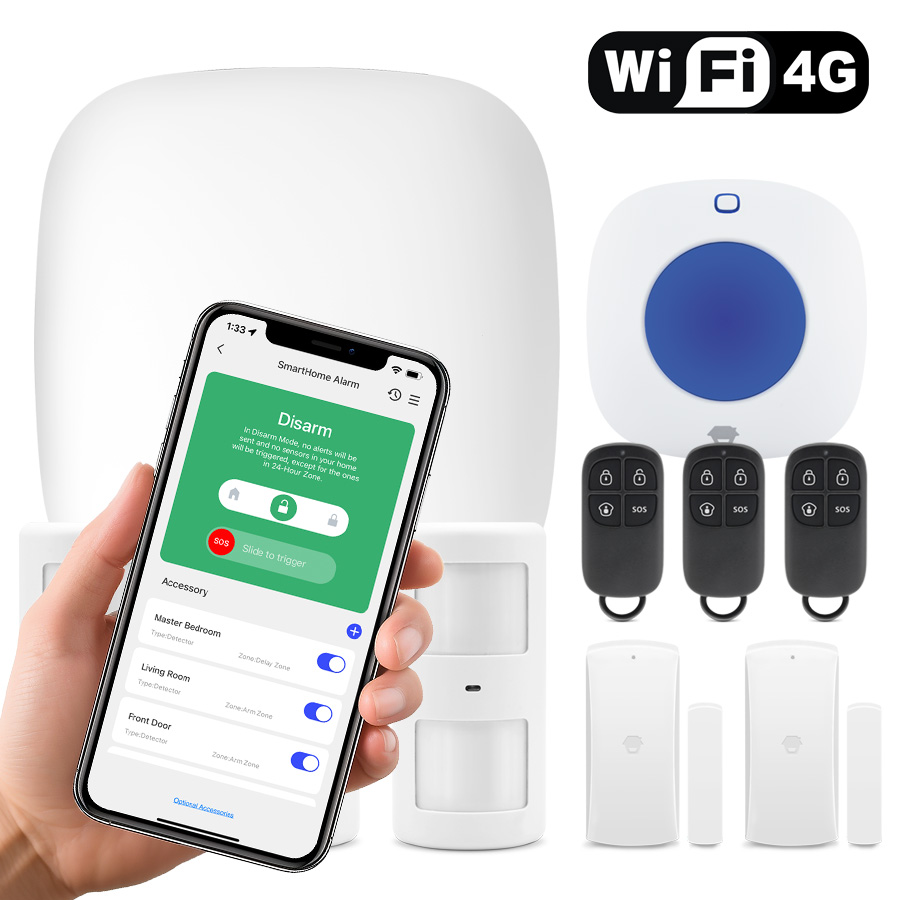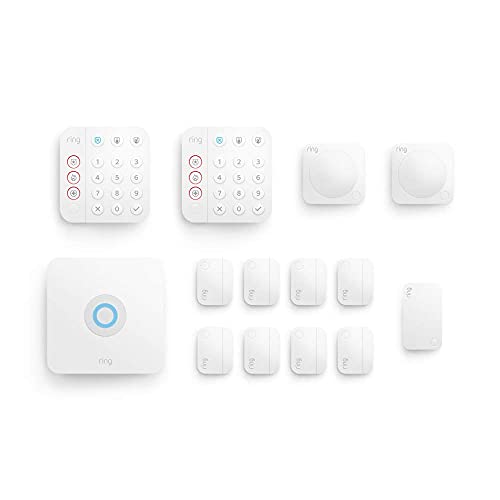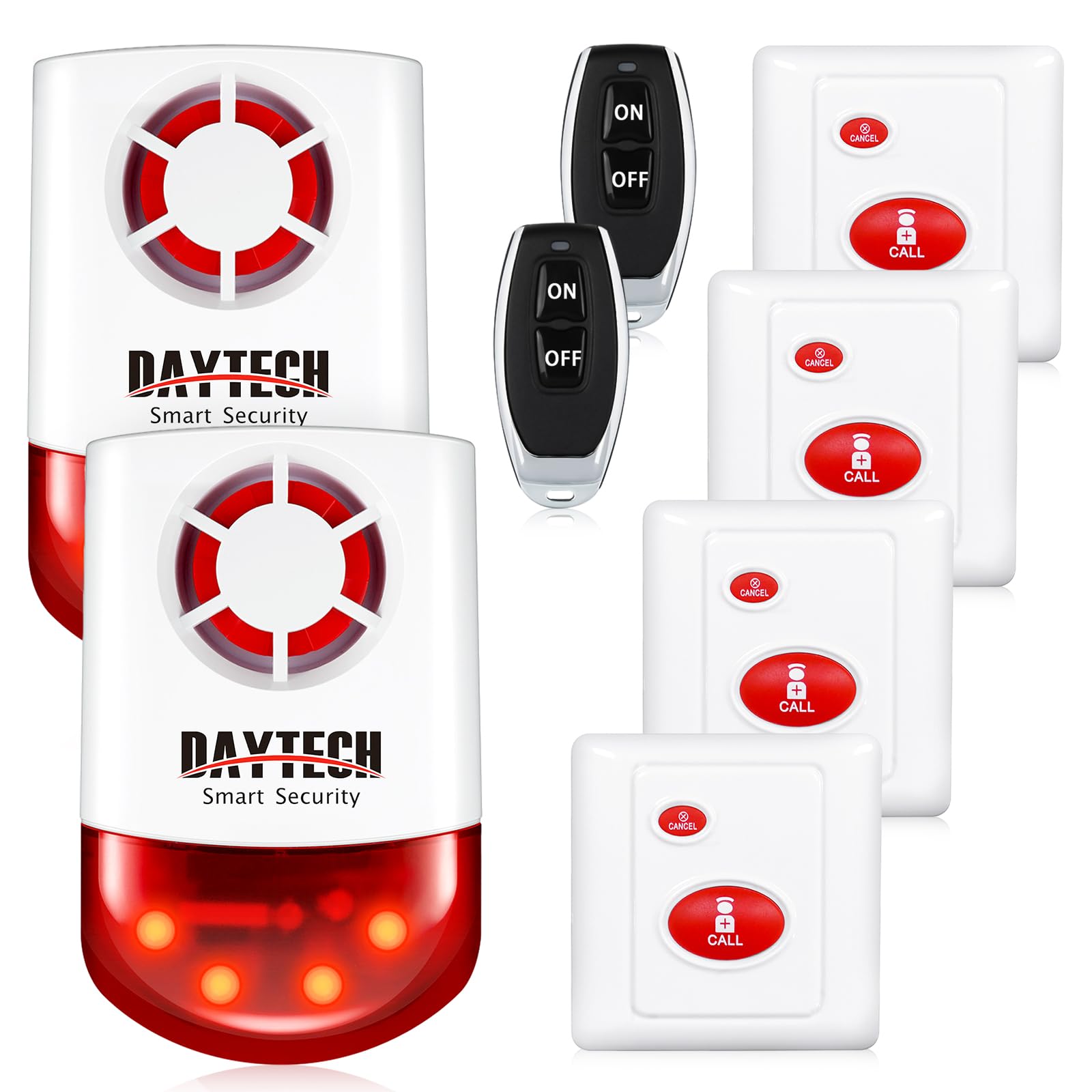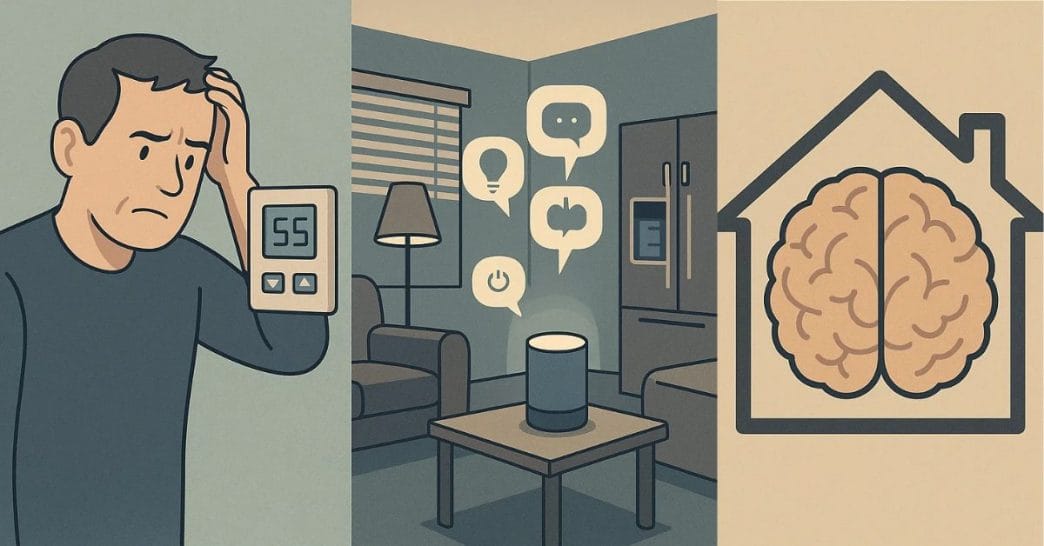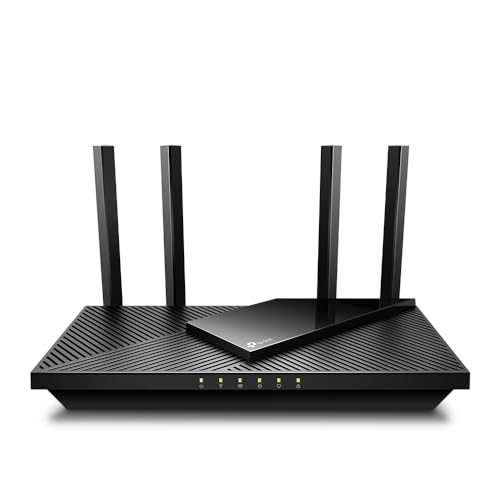Imagine feeling completely safe the moment you step inside your home. Your peace of mind depends on knowing your space is protected, even when you’re not there.
That’s where home security sensors come in—they act as your silent guardians, alerting you to any unusual activity before it becomes a problem. If you want to keep your loved ones and valuables secure, understanding how these sensors work and choosing the right ones for your home is crucial.
Keep reading to discover how home security sensors can make your home safer and give you the confidence you deserve.

Credit: www.vesternet.com
Types Of Home Security Sensors
Home security sensors help protect your house from dangers. They detect unusual activities and alert you.
Different sensors serve different purposes. Knowing their types can help you choose the right ones.
Motion Sensors
Motion sensors detect movement in a room or area. They use infrared or ultrasonic waves to sense motion.
These sensors can trigger alarms or lights when they detect movement. They are useful for indoor and outdoor security.
Door And Window Sensors
Door and window sensors detect when a door or window opens or closes. They use magnets to sense the position.
When the door or window opens, the sensor sends a signal to the security system. This helps prevent break-ins.
Glass Break Sensors
Glass break sensors listen for the sound of breaking glass. They use microphones to detect glass shattering.
These sensors alert you quickly if a window or glass door breaks. They add extra protection to entry points.
Smoke And Carbon Monoxide Detectors
Smoke detectors sense smoke from fires and warn you early. Carbon monoxide detectors find this deadly gas in the air.
Both types improve safety by alerting you to fire or gas dangers. Many systems combine these detectors.
Flood And Water Leak Sensors
Flood sensors detect water where it should not be. They alert you to leaks or flooding early.
These sensors help prevent water damage by notifying you quickly. Place them near water sources or pipes.

Credit: www.amazon.com
How Sensors Work Together
Home security sensors protect your house by working as a team. Each sensor watches a specific area.
These sensors send signals to a central system. The system then decides what action to take.
Integration With Security Systems
Sensors connect to a main security panel or hub. This panel manages all sensor signals.
The panel alerts you or the security company if it detects a problem. Sensors like door, window, and motion sensors work together through this system.
- Door and window sensors detect openings
- Motion sensors sense movement inside
- Glass break sensors hear breaking sounds
Wireless Vs Wired Sensors
Wired sensors connect with cables to the security panel. They are reliable and need less battery.
Wireless sensors send signals using radio waves. They are easy to install and can move if needed.
- Wired: stable, needs wiring, less interference
- Wireless: flexible, battery-powered, easy setup
Smart Home Compatibility
Many sensors work with smart home devices. This allows you to control and monitor them from your phone.
Smart sensors can connect with lights, cameras, and voice assistants. This makes your home safer and easier to manage.
- Control sensors via smartphone apps
- Link sensors with smart cameras and lights
- Use voice commands for quick actions
Choosing The Right Sensors
Home security sensors help protect your house from intruders and accidents. Picking the right sensors keeps your home safe and gives you peace of mind.
It is important to understand your home’s needs before buying sensors. Different sensors work better in different places and situations.
Assessing Your Home’s Vulnerabilities
Look at your home to find weak spots. Check doors, windows, and other entry points where someone might get in.
Think about areas that are dark or hidden from view. These spots may need extra protection to stop intruders.
- Check all doors and windows for easy access
- Identify dark or hidden outdoor areas
- Look at ground-floor and basement entry points
- Consider spots near valuable items
Indoor Vs Outdoor Sensors
Indoor sensors detect movement or opening inside your home. They alert you if someone enters or moves around.
Outdoor sensors work outside your house. They can spot people before they get close to your doors or windows.
- Indoor sensors: motion detectors, glass break sensors, door/window sensors
- Outdoor sensors: motion lights, cameras, perimeter alarms
- Choose sensors based on where you want protection
Budget Considerations
Decide how much money you want to spend on home security sensors. Prices vary by type and features.
Balance cost and coverage. More sensors may cost more but offer better protection.
- Basic sensors cost less but cover fewer areas
- Advanced sensors may include smart features and alerts
- Think about installation costs if not DIY
- Plan your budget for both equipment and maintenance
Installation Tips
Installing home security sensors correctly is key for your safety. Proper setup helps sensors detect threats accurately.
Use simple steps to place and maintain your sensors for the best performance.
Optimal Sensor Placement
Place sensors where intruders are likely to enter. Doors and windows are top spots. Avoid placing sensors near heating vents or fans.
Keep sensors at a height that is hard to reach but still detects movement well. Corners often work best.
- Install door sensors on the frame and door edge
- Put motion sensors in corners for a wide view
- Avoid direct sunlight or heat sources
- Keep sensors away from pets’ usual paths
Diy Vs Professional Installation
DIY installation saves money but needs careful planning. Read instructions and use the right tools. Make sure sensors connect to your system.
Professional installers know where to place sensors best. They check wiring and system setup. They can fix problems quickly.
- DIY offers control and saves costs
- Professionals provide expert setup and testing
- Professionals may offer warranty on installation
- DIY needs time and patience to get right
Maintenance And Testing
Check sensors regularly to keep them working. Dust and dirt can block sensors. Clean them gently with a soft cloth.
Test your sensors monthly. Open doors or move in front of motion sensors to check alerts. Replace batteries when low.
- Clean sensors every 3 months
- Test all sensors once a month
- Replace batteries yearly or as needed
- Fix or replace faulty sensors quickly
Benefits Of Home Security Sensors
Home security sensors help protect your house from break-ins and other dangers. They offer many benefits that make your home safer and more secure.
These sensors are easy to install and work quietly. They give you peace of mind whether you are home or away.
Deterrence And Prevention
Home security sensors scare away burglars before they try to enter your home. The presence of sensors can make thieves choose another target.
Sensors also alert you to potential dangers like fire or gas leaks early. This helps prevent damage and keeps your family safe.
Real-time Alerts
Security sensors send real-time alerts to your phone or security company. This means you get notified right away if something is wrong.
Quick alerts let you act fast to protect your home. You can call the police or check the situation remotely.
Insurance Advantages
Many insurance companies offer discounts if you have home security sensors installed. They see your home as less risky and safer.
Lower insurance costs save you money over time. Sensors also help prove claims if damage or theft occurs.
Future Trends In Home Security
Home security sensors are changing fast. New technology makes homes safer and smarter.
These changes help protect homes better and give users more control. Let’s look at future trends.
Ai And Machine Learning
AI helps sensors learn from data. This means they get smarter over time.
Machine learning can detect unusual activity and reduce false alarms. It improves security accuracy.
- Detects patterns in home activity
- Alerts only when needed
- Adapts to user habits
Integration With Smart Devices
Sensors now work with smart home devices like lights and locks. This makes homes more connected.
Users can control sensors and devices from one app. This makes security easier to manage.
- Control from smartphones or tablets
- Automated responses like turning on lights
- Voice control with smart assistants
Enhanced Sensor Technologies
New sensors detect more than just motion. They can sense heat, sound, and even glass breaking.
These advanced sensors improve detection and reduce false alarms for better security.
- Thermal sensors detect body heat
- Acoustic sensors hear specific sounds
- Multi-sensor devices improve accuracy
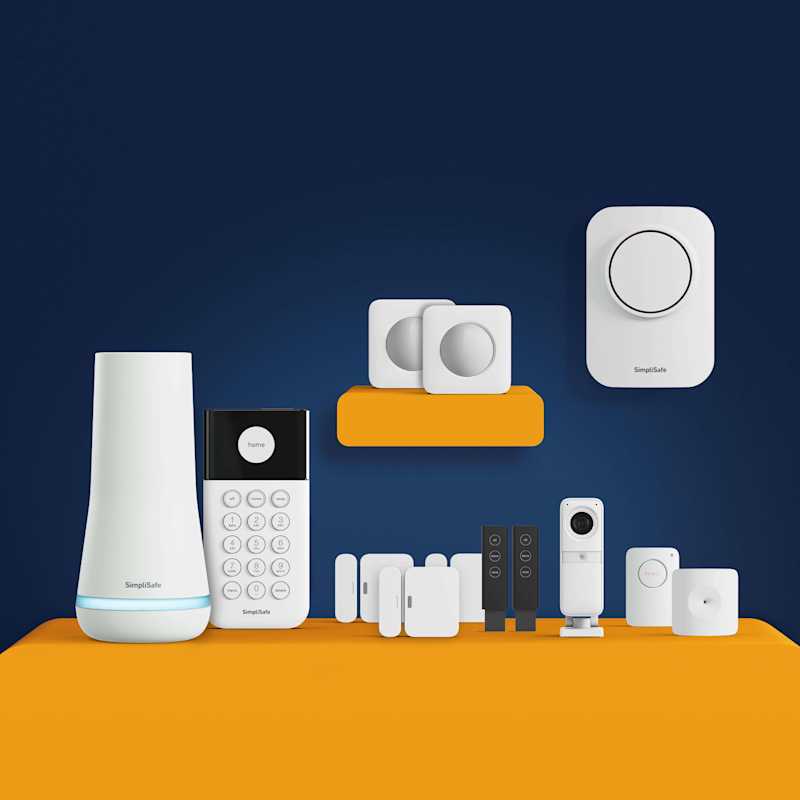
Credit: simplisafe.co.uk
Frequently Asked Questions
What Are Home Security Sensors?
Home security sensors detect unauthorized access and unusual activities. They monitor doors, windows, and motion. These sensors alert homeowners or security services about potential threats. They enhance safety by providing real-time notifications. Modern systems are often wireless, making installation easier.
How Do Motion Sensors Work?
Motion sensors detect movement within a specified range. They use technologies like infrared or microwave signals. When movement is detected, they trigger an alert. These sensors are essential for spotting intruders. They’re effective both indoors and outdoors.
Are Security Sensors Easy To Install?
Yes, most modern security sensors are easy to install. Wireless options don’t require complicated wiring. They often come with user-friendly instructions and mounting kits. Many homeowners can set them up without professional help. However, consulting a professional can optimize placement.
What Types Of Security Sensors Are Available?
Various types of security sensors exist, including motion, door/window, and glass break sensors. Each type serves a specific purpose. Motion sensors detect movement, while door/window sensors monitor entry points. Glass break sensors identify the sound of breaking glass.
Conclusion
Home security sensors help protect your home and family. They alert you quickly to any unusual activity. Many types exist, like door, window, and motion sensors. Choosing the right sensors depends on your home’s needs. Installation is often simple and affordable.
Regular testing keeps sensors working well. Investing in sensors adds peace of mind. A safer home means less worry day and night. Protect what matters most with reliable security sensors. Small steps can make a big difference. Stay safe, stay secure.
17 min read

